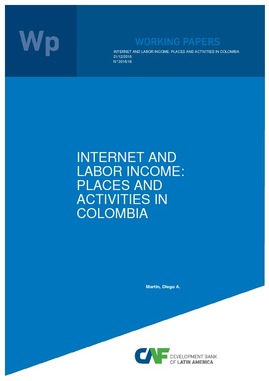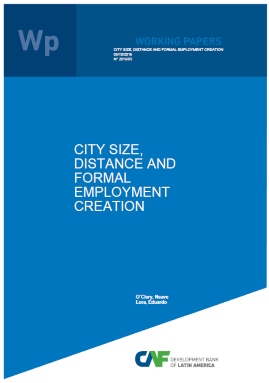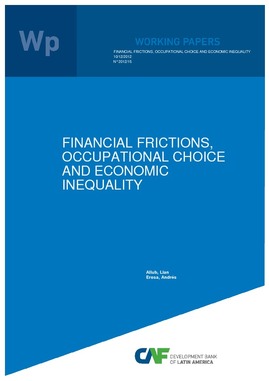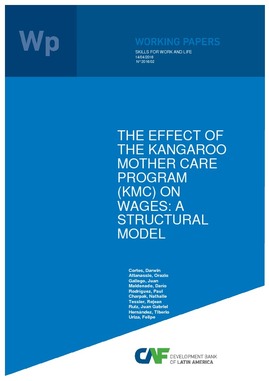Internet and Labor Income: Places and Activities in Colombia
Abstract
Despite the literature in the richest countries about the positive correlation between Internet and income, there is still an open question about the utility of this technology the developing world. This paper uses Propensity Score Matching and includes demographic and industry characteristics, which is the best possible way to control for the productivity of each worker. The matching model meets a broad common support, close gaps between control and treated individual after matching and holding the results for different matching techniques. The results present a positive and statistically significant correlation between Internet and income in Colombia. The key contribution of this paper is to show that the lowest wage premium for using Internet is in the middle of the skill distribution, as in the developed world. Nonetheless, Colombia differs to these countries in the tales of the skill distribution because the highest wage premium is for the lowest skill workers.
Subject
Country / Region
Date
2016-12-21Cite this publication
Belongs to collection
Author
Martin, Diego A.Items Relacionados
City Size, Distance and Formal Employment Creation
Cities thrive through the diversity of their occupants because the availability of complementary skills enables firms in the formal sector to grow, ...
Financial Frictions, Occupational Choice and Economic Inequality
We develop a quantitative theory of entrepreneurship, income inequality, and financial frictions disciplined with household data from Brazil. The theory ...
The Effect of the Kangaroo Mother Care Program (KMC) on Wages: A structural Model
In this paper we analyze the relationship between skills and some outcomes later in life for a population of premature children. Pretreatment skills and ...






